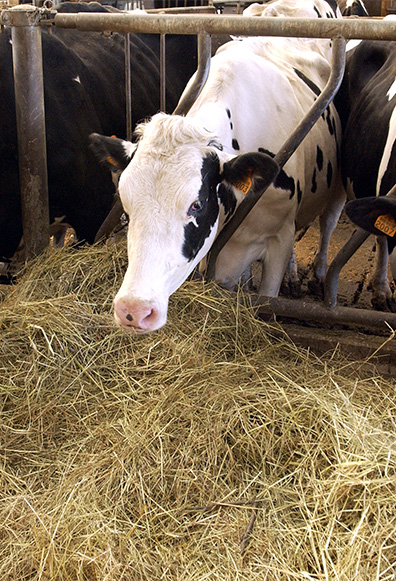Countries:
Brazil
Status:
Completed
Sector:
Nature
Promoting the uptake of nature-based solutions (NBS) to affect systemic and transformational change within commodity supply chains originating in Brazil.
The project addressed the underlying obstacles to sustainable agriculture integration in three Brazilian states - Para, Mato Grosso and Minas Gerais - with a focus on reducing deforestation and Greenhouse Gas (GHG) emissions.
Deforestation rates in these states ranged between 16-37%, stemming from cattle ranching, agriculture expansion, soy production, and forest clearing for agriculture and logging. These rates had been further increased due to the government’s loose approach to exporting timber from the Amazon region, which fuelled a renewed demand for illegal timber.
Awareness of how to reduce deforestation was limited among the private sector, state and regional authorities, including understanding of agroforestry and other NBS solutions. In addition, the private sector had limited capacity to map or trace their entire supply chain. Meanwhile, the government identified a lack of financial resources and technical skills as key barriers to both preventing deforestation and enhancing awareness of the impact of climate change among stakeholders.
The project aimed to address these barriers by building knowledge and capacity of key stakeholders around NBS and traceability mechanisms. In particular, the project worked with companies in Forest Risk Commodities (FRC) supply chains to enhance their capacity to unlock solutions for sustainable agriculture in Brazil.
“Excellent work! We will use the material in a process of technical-scientific alignment of Brazilian civil society on traceability issues. We have a scientific group formed, which has as one of its priorities to deal exactly with this issue.”
Frederico Machado
WWF
“We would like to reinforce our satisfaction in sharing this challenge with you and in advancing in these next steps.”
Alessandro Ribeiro Campos
FEAM (Minas Gerais’ State Environmental Foundation)

for 96 participants across in-person and online events on traceability mechanisms, such as Selo Verde
to promote collaboration on reducing deforestation in supply chains
to promote knowledge products on NBS integration and offer technical support to encourage greater corporate ambition
to disseminate factsheets on primary forest risk commodities in Brazil and NBS and traceability mechanisms
The project worked with the private sector and policymakers to build capacity, strengthen networks, and produce quality and comprehensive content on NBS and traceability mechanisms.
Key project outputs included:
Alongside these outputs, the project drove advocacy efforts that focused on supporting sub-national governments with the adoption of public policy recommendations for climate change mitigation.
These emphasised how traceability mechanisms should be used to also tackle human rights violations against vulnerable groups
This highlighted the importance of including women and indigenous people in the design and implementation of NBS
The team focused on ensuring diversity in event panellists to provide a range of voices and viewpoints
As a result of the learnings from this project, CDP have taken a number of actions to embed GESI throughout the organisation
CDP implemented a number of GESI actions internally as a result of learnings from the GESI actions embedded in this project. Key GESI outputs delivered by the project include:

Active engagement with stakeholders was key to ensuring the successful implementation of project activities, especially with governments and private companies.
Brazilian companies were open to engaging with the project and actively participated. Following one-to-one engagement sessions, the supported companies requested to extend bilateral engagement, as companies prefer to finalise their annual reports to CDP before joining the specific working groups.
Despite initial delays with the start of the project activities and engagement with policymakers due to National elections, all three states conveyed positive feedback and showed high participation in the project activities, signalling their support to take the work forward in the future.
However, the project suggests that there is a need to continue working with stakeholders to strengthen and deepen understanding, knowledge and skills, in particular on GESI mainstreaming.
Guidance document on best practice in traceability mechanisms for the public and private sector
Visit websiteUK PACT (Partnering for Accelerated Climate Transitions) is a unique capacity-building programme. Jointly governed and funded by the UK Government’s Foreign, Commonwealth and Development Office (FCDO) and the Department for Energy Security and Net Zero (DESNZ) through the UK's International Climate Finance, it works in partnership with countries with high emissions reduction potential to support them to implement and increase their ambitions for tackling climate change.
© Copyright 2025 UK PACT Privacy Notice Cookie Policy